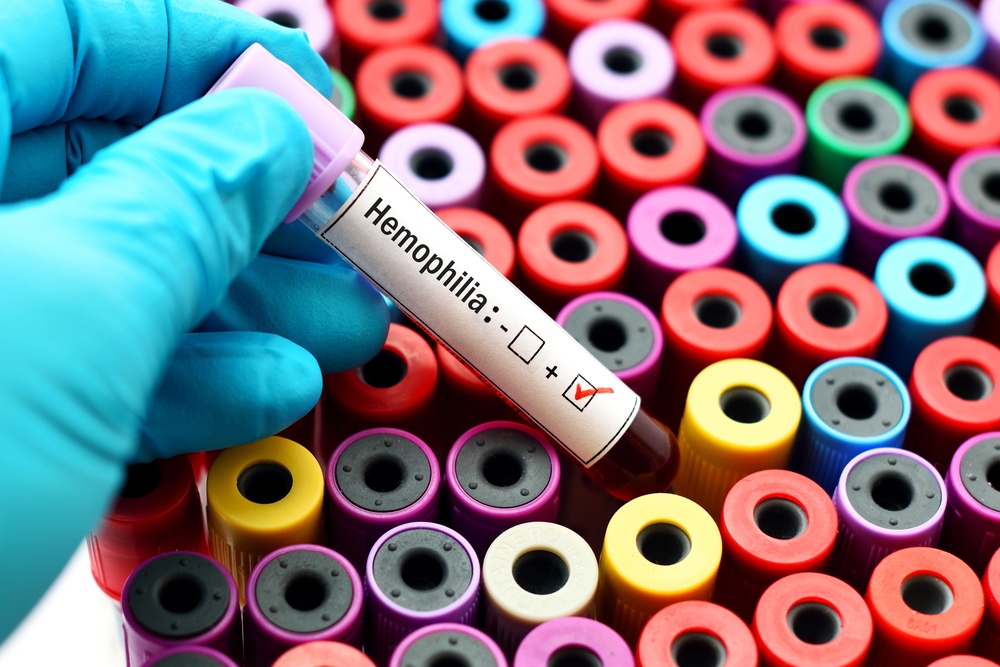Enzyre and Takeda to Develop Coagulation Test that Patients Can Use at Home
Written by |

Enzyre is teaming up with Takeda to develop a diagnostic device that will allow people with hemophilia to determine their blood coagulation status at home.
Under the collaboration agreement, the Dutch diagnostics company Enzyre will receive funding from Takeda to optimize its Enzypad technology. The goal is to create a device that enables patients with bleeding disorders to determine their coagulation status nearly in real time and share results with their treating physician through a mobile app.
“Diabetics have long been able to individually manage their disease through home glucose measurement, and we are determined to make this the case for those living with hemophilia,” Dirk Pollet, Enzyre’s CEO, said in a press release. “With our proprietary technology, we aim to provide hemophilia patients and their caregivers with peace of mind by allowing them to monitor coagulation status at home. Ultimately we’d like to empower these patients to live a normal life.”
About 400,000 people worldwide are affected by hemophilia — a group of disorders marked by a deficiency in blood-clotting factors. With no cure, hemophilia is characterized by spontaneous bleeding and longer-than-normal bleeding after an injury.
Many patients manage their condition and get treatment at home, seeing a care team once a year. The Enzyre-Takeda partnership goal is to improve patients’ at-home monitoring, while enabling them to stay connected with their care team.
Enzyre’s technology requires a small volume of blood and is able to measure blood coagulation with high sensitivity and specificity, and does not require laboratory analysis. The test can be used at the home, on the road, or in a critical care setting.
It can be helpful to prevent a crisis caused by sudden changes in coagulation state and bleeding risk, provide ease of mind, and potentially enable patients to optimize the treatment themselves while reducing visits to the doctor.
The device contains a painless, easy-to-use blood sampling device, a single-use microfluidic cartridge with all necessary reagents, and a small handheld processor, controlled by an app, that processes the results and transfers them immediately to the cloud. From there, the patients can make their results available to anyone they wish, including their physician.
“At Takeda, we value collaborations like this as they support our continued vision of delivering patient-centric, personalized healthcare to patients,” said Peter Turecek, senior director of global medical affairs of Takeda. “We recognize the need for working with partners and pooling resources to achieve our common goal: to advance standard of care and optimize treatment outcomes for patients living with bleeding disorders.”


